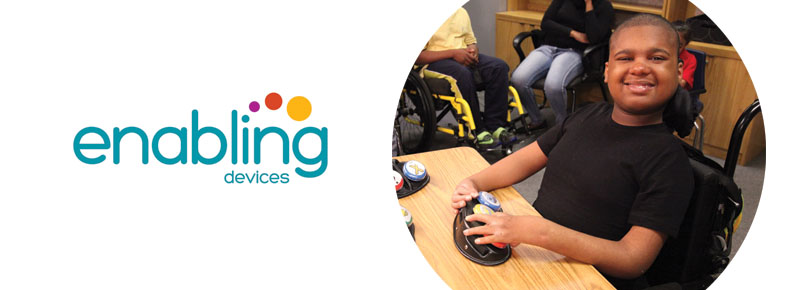It's back! America’s holiday season—a time for family, feasting, parties, shopping, gift-giving and a break from regular routines such as work, school, and extra-curricular activities. While most of us look forward to the holiday season, there’s no question that it can be stressful. Holiday stress may be compounded for families with children with disabilities. Yet, with some careful planning, you can minimize the stress and maximize the joy of the holiday season. Here are some of the best strategies:
1. Pace yourself
Holiday season is chock full of parties, family events, school concerts, Thanksgiving, Christmas, Chanukah and Kwanza and New Year’s get-togethers. While you may feel pressure to participate in all of them, resist the urge to do too much. All children, but especially those who are young or have special needs may become easily overwhelmed, over-tired and over-stimulated by large crowds of people, loud noise and blinking lights associated with holiday season, so choose family activities carefully, and approach the activities you do select planfully.
2. Have an escape route
Be prepared in case a family outing doesn’t pan out as you had planned. One Friendship Circle blogger who is the parent of a special needs child says that she and her husband bring two cars when they go places with their kids so “one of us can leave if our child with special needs is acting up. This way our other children can remain (if they wish), and our child with special needs can go home where he feels more comfortable.”




